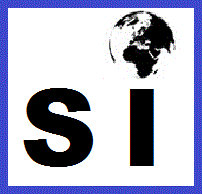2015, Vol. 4(2), pp. 42 – 57.
ISSN 2304 – 1366
http://www.ijmess.com
Dept. of Business Administration, I-Shou University, Kaohsiung, Taiwan
Chih-Chung Wang
Rehabilitation Dept., Kaohsiung Medical University Chung-Ho Memorial Hospital, Kaohsiung, Taiwan
Chiu-Ping Chen
Postgraduate Programs in Management, I-Shou University, Kaohsiung, Taiwan
The purpose of this study was to find out how stroke patients' chronic regulatory focus interacted with message framing had impact on the therapy frequency and functional outcome. A one factor (chronic regulatory focus) x 2 (message framing: gain vs. loss) between-subject design was employed with questionnaire and evaluation form. Ninety-six stroke patients recruited from different medical units in Kaohsiung City, Taiwan were randomly assigned to read one of two messages. Therapy frequency and functional outcome, Barthel Index were used as dependent variables. One way ANOVA repeated measure, regression analyses and simple slope analysis were used to examine the effects. The results indicated that chronic regulatory focus had long term effects on the therapy frequency, and Barthel Index. The mediating effect of therapy frequency and the interaction effect between chronic regulatory focus and message framing were not supported, but the simple slope analysis showed that gain-framed message was more likely to prompt therapy frequency on patients with stroke. This study provided the practitioners guidelines to design the persuasive message to facilitate therapy and sustain the behavior.
Keywords: Stroke, regulatory focus, message framing, therapy frequency, Barthel Index
JEL: C91, I19







